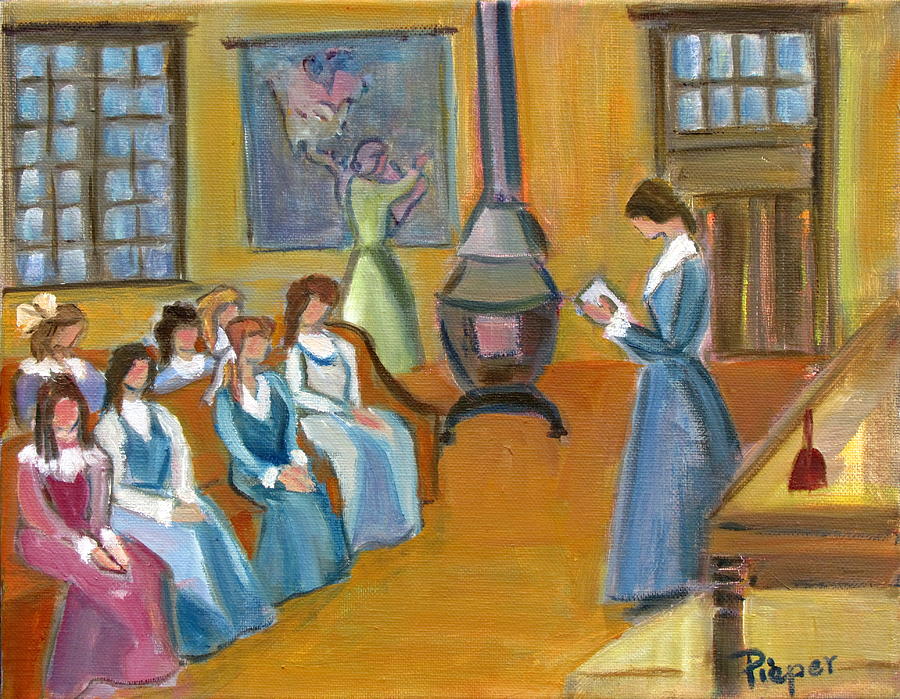Eloquium is a language school based on Aguascalientes.We aim towards providing the best educational services in the city.
jueves, 12 de abril de 2018
miércoles, 11 de abril de 2018
Note reading
C.24 Note-reading according to Jones
Aim: to practise simultaneously reading ahead in your notes without interrupting your interpreting.
You will need: speech transcript, notepad.
Take notes from the transcript of a speech. Do it relatively quickly, without going back over the speech time and time again. When you've finished, read back the speech from your notes. Try to apply the technique described by Roderick Jones below and you'll immediately see how your attention is divided between the tasks of talking, reading ahead and recalling what you've read.
There is a specific technique that interpreters can try to develop, and which can be compared to a pianist reading music while playing but not sight-reading. The pianist who has practised a piece is in a similar situation to the consecutive interpreter: essentially they know what they want to play but the sheet-music is there to remind them. The pianist looks at the opening bars and then starts playing, and continues reading ahead of the notes they are playing, their eyes on the music always being a little ahead of their fingers on the keyboard. Similarly the interpreter should look at the first page of their notes then start speaking while looking up at their audience. As the interpreter moves towards the end of the passage they have looked at, they glance down at their notes again to read the next passage. In other words they do not wait until they finished one passage to look again at their notes, which would mean that the interpretation would become jerky, reading then speaking, reading then speaking. Rather the interpreter, while still talking, is already reading ahead, preparing the next passage, thus providing for a smooth, uninterrupted and efficient interpretation.
Source: Jones 1998: 64 (Gillies) Gillies, Andrew. Conference Interpreting. Routledge, 20130724. VitalBook file.
Total listening
B.54 Total listening
Aim: to force yourself to recall and enunciate grammatical structures and lexis that you would not normally use.
You will need: a recorded speech.
Listen to a speech. Pause the recording after each sentence and repeat that sentence without listening again.
Source: (Gillies)Gillies, Andrew. Conference Interpreting. Routledge, 20130724. VitalBook file.
Read specialist magazines
5 Read specialist magazines
Aim: to acquire the general knowledge that educated native speakers have in a broad range of subjects (from the viewpoint of that country).
You will need: a specialist newsagent, a specialist magazine, internet connection to look up terms, a notepad.
Buy specialist magazines (Aeroplanes Today!; Potholing Weekly; Market Gardeners' Monthly; Trainspotter etc.). They will all have explanations of how things work, as well as a good selection of semi-technical terminology. The most useful terms will be those that come up several times in one edition; look up and note these. Don't worry about terms that appear only once.
If you buy several specialist magazines on the same subject over a period of 3–6 months, the terminology and subjects that are repeated will give you a sound grounding in that subject area. This exercise will not only give you a broad range of vocabulary in semi-technical subjects but may also help to cultivate the curiosity that is important for interpreters. Read a few of this type of magazine and you may well find yourself developing a real interest in areas you thought you would find boring! (Gillies)Gillies, Andrew. Conference Interpreting. Routledge, 20130724. VitalBook file.








